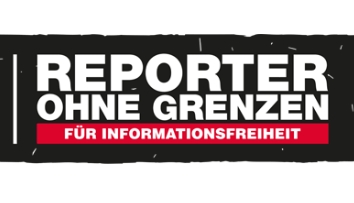OIDHACO
Brussels, 12 November 2009. OIDHACO, a European body consisting of over 30 organizations from EU countries, working for the defence of human rights in Colombia, regards the fact that the ICC (International Criminal Court) is able to investigate war crimes as a very positive development. The Brussels-based organization respects and supports the work of the Colombian Supreme Court in bringing to justice the politicians linked to paramilitary groups. However, those ultimately responsible for war crimes, at the highest levels, have not been either investigated or tried under the Colombian justice system. OIDHACO therefore hopes that, with this international court exercising its jurisdiction in Colombia, the impunity which has prevailed there until now, and which benefits illegal armed groups and the security forces, will begin to be eroded.
The treaty on the ICC, the Rome Statute, was signed by Colombia in August 2002, but with a 6-year moratorium on the prosecution of war crimes, which has now expired. The ICC has been competent to investigate and prosecute crimes against humanity and genocide in Colombia since 2002. From now onwards, if the Colombian courts fail to address disappearances and forced displacements, the use of child soldiers, torture, sexual violence against women, murders and kidnappings, the ICC will.
“The ICC’s ability to try war crimes in Colombia provides hope for the victims and human rights defenders, while representing an effective weapon against impunity”, explained Emmanuel Raison, the OIDHACO spokesman. “It also acts as a deterrent to armed actors, both legal and illegal, who know that from now on, not only will the eyes of the world be watching them, but that the impunity that most of them have enjoyed up to now has come to an end, because if the Colombian judiciary does not prosecute them, the ICC will.”
On the most scandalous case, that of the alleged extrajudicial execution by the Colombian army of over 2,000 people, Raison said, “We would hope that the outcome of judicial proceedings would be exemplary when dealing with such a serious issue, with not only the direct perpetrators being punished, but also any commanding officers who ordered these crimes, or allowed them to happen.” “This outcome has so far not been forthcoming”, added the spokesman, “which is why we are hoping for prompt action from the ICC”. As with sexual violence against women, which is used as a weapon of war by all parties to the conflict, war crimes have not been investigated under the Colombian judicial system.
Since 2002, when Colombia signed the Rome Statute, at least two million people have been internally displaced in the country by the conflict, and during this conflict there have been recorded 14,000 murders of trade unionists, indigenous people, campesinos, human rights defenders, opposition leaders, journalists and kidnap victims, among others, mainly carried out by far-right paramilitary groups, left-wing guerrillas and the security forces. OIDHACO, in the face of Colombia’s grave human rights crisis, calls on the Colombian justice system to investigate, bring to trial, and convict both the direct perpetrators and intellectual authors of these murders and of the other human rights violations suffered by the civil population. If not, its spokesman said, “the victims will be able to have recourse to the ICC and the international justice will intervene to slow down the Colombian humanitarian tragedy which has afflicted the country for decades.”


